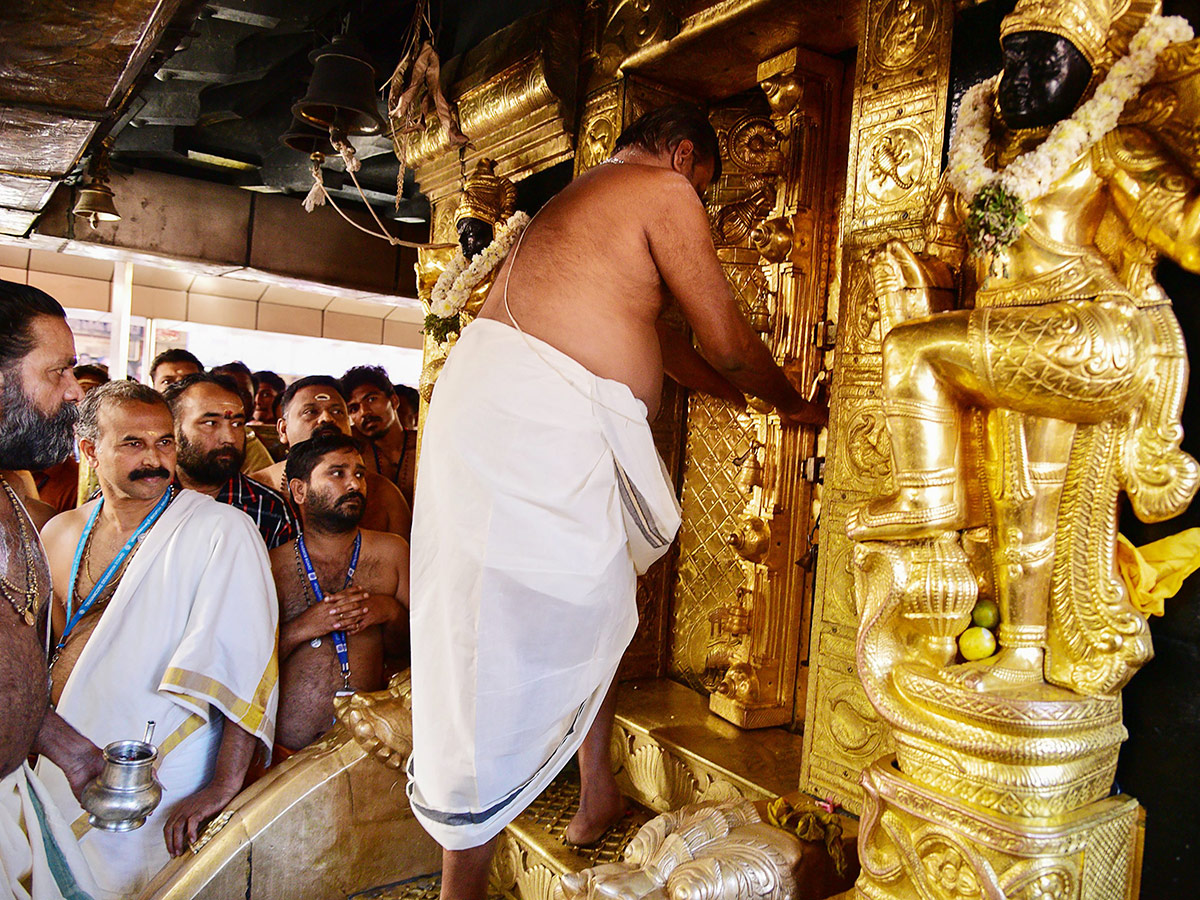Indian Woman Who Entered Forbidden Temple Says Her Family Assaulted and Disowned Her When She Returned Home



Indian Woman Who Entered Forbidden Temple Says Her Family Assaulted and Disowned Her When She Returned Home
One of the two women who made history in India earlier this month by becoming the first of “menstruating age” to enter the Sabarimala temple in the southern state of Kerala has been assaulted and thrown out of her marital home, after her family disowned her in retaliation against her act of protest.
Kanakadurga, who only goes by one name, said she was hit on the head by her mother-in-law with a wooden plank one day after returning home, Scroll.in reports. She said the attack left her in the hospital for five days and that she still has trouble speaking and moving her head.

“I am not going to say sorry to anyone,” Kanakadurga told the site. “I have not committed any wrong by word or deed. I would like to reiterate that no one, including my brother and husband, has any right to stop me from entering my home.”
Kanakadurga and her friend Bindu Ammini, both in their 40s, entered the Sabarimala temple on Jan. 2, becoming the first women to do so. The temple had long barred women of “menstruating age,” defined as between 10 and 50, from entering, citing concerns over their purity.
But after India’s Supreme Court ruled in September that the ban was unconstitutional, the issue has become a wider socio-political issue in India, where the relationship between the Supreme Court and religious authorities has a long and controversial history. Both women were forced into hiding after it was revealed they had entered the temple.
India’s ruling Bharatiya Janata Party (BJP) has come down in support of the crowds of Hindu protesters who, before Kanakadurga and Ammini entered the temple, succeeded in preventing female devotees from entering the temple for months.
The issue is one of tradition, not gender equality, India’s Prime Minister Narendra Modi said at the time. On the contrary, he said, the issue of “triple talaq” (by which until recently under Indian law, a Muslim man could divorce his wife by saying “talaq,” or divorce, three times,) was an issue of gender equality and therefore a matter for the Supreme Court, which outlawed the practice in 2017.
Kanakadurga now plans to turn to the courts again to seek amends. “I will enter home with the court order,” she told Scroll.in.
TIME spoke to Kanakadurga and Ammini while they were in hiding , shortly after entering the Sabarimala temple. Even then, Kanakadurga knew her family were not happy. “They’re angry with me because I risked my life, and now, theirs,” she says. “But I know that when I return home, we will sort things out.”




A priest closes doors at the Sabarimala Ayyappa temple at after performing "purification" rituals following the entry of two women on January 2, 2019.
I think we see here two diametrically opposed points of view. The women, in order to advance equal rights for all in their country, broke a "serious" taboo and entered the temple room forbidden to women. Certainly applaudable by them. Yet another point of view wants to uphold tradition.
Now one could say that if you live in or visit that city you are well aware of the prohibition on women in that temple and if you don't like it you can move somewhere else or find another religion. Hinduism is pretty dominant in India though.
Then her mother in law hits her in the head with a two by four.
Places like India are only gradually getting the rights that we take for granted in the US all our lives.